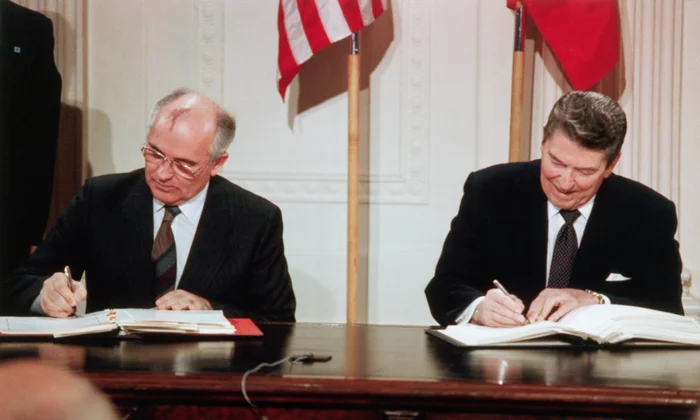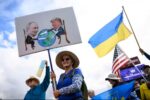Following the end of World War II, the relationship between U.S. presidents and Soviet, and later Russian, leaders has been defined by a series of key meetings that have shaped global security. From periods of high tension to attempts at cooperation, these summits have played a crucial role in international diplomacy.
The Cold War Era
The first meeting between the two powers took place in 1945 at the Potsdam Conference, where U.S. President Harry Truman and Soviet leader Joseph Stalin discussed the postwar world order. In the 1960s, a summit between John F. Kennedy and Nikita Khrushchev in Vienna in 1961 strengthened communication, though it couldn’t prevent the Cuban Missile Crisis.
The 1970s marked a period of détente, as presidents Richard Nixon and Jimmy Carter met with Leonid Brezhnev, leading to the signing of the SALT I and SALT II agreements to limit nuclear weapons. In the 1980s, Ronald Reagan and Mikhail Gorbachev held four summits, culminating in a 1987 treaty to eliminate intermediate-range missiles. In 1991, George H. W. Bush and Gorbachev officially declared the end of the Cold War.
The Post-Soviet and Modern Eras
After the collapse of the Soviet Union, the dialogue continued with a more cautious tone. Meetings between Bill Clinton and Boris Yeltsin focused on Russia’s democratic transition. In 2001, George W. Bush and Vladimir Putin discussed the War on Terror. In 2009, Barack Obama and Dmitry Medvedev attempted to reset bilateral relations. Later, Donald Trump’s meetings with Putin, particularly the 2018 Helsinki Summit, were widely criticized.
On June 16, 2021, Joe Biden and Vladimir Putin met in Geneva to discuss issues ranging from cybersecurity to arms control. The meeting was considered constructive but produced no tangible agreements. Since Russia’s invasion of Ukraine in 2022, direct communication between the two states has largely ceased, returning relations to an atmosphere reminiscent of the Cold War.







